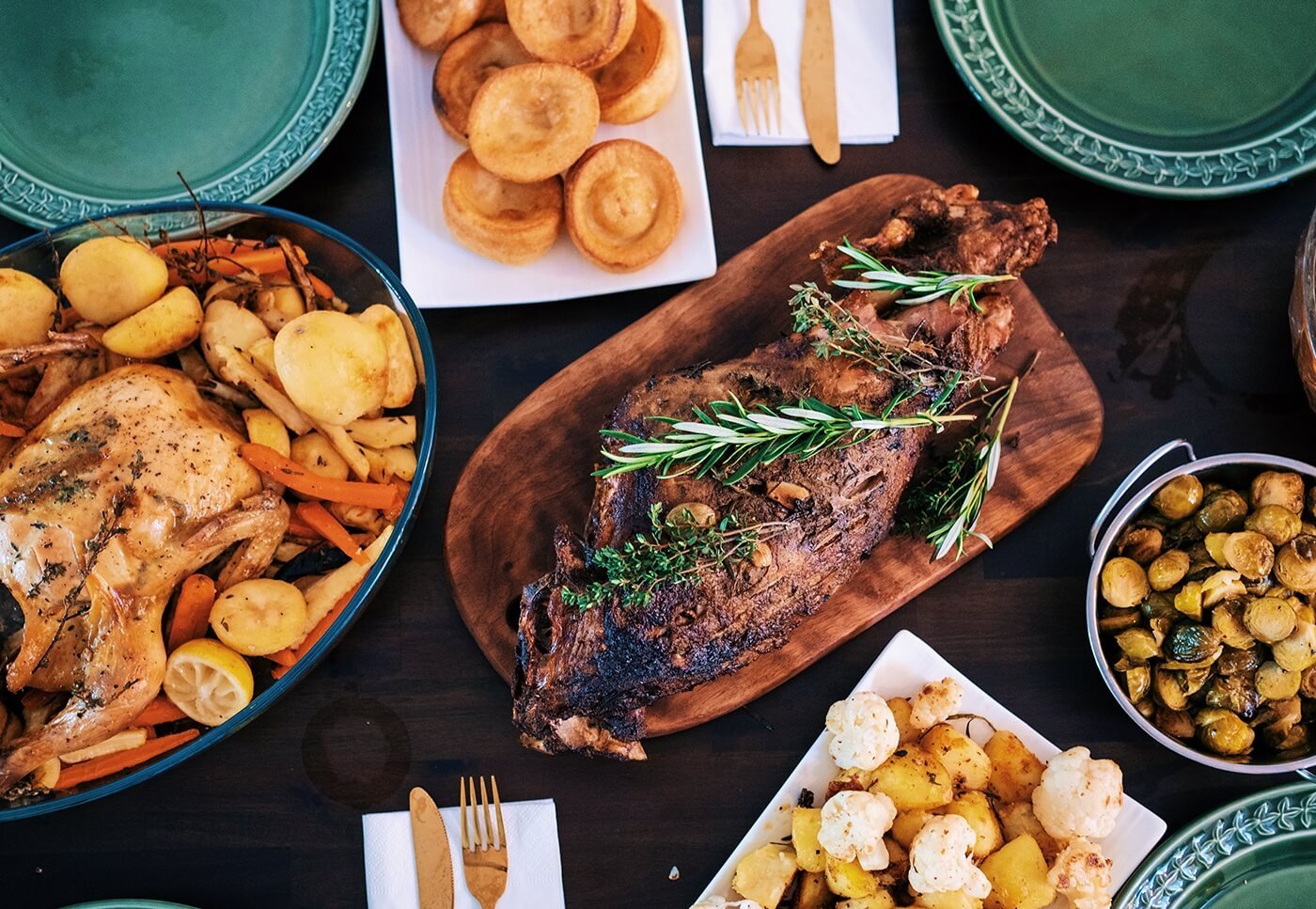How alcohol and poor diet affects sleep
Spending time with family and recharging over the festive season is often spent with a drink in hand or an item of food that may or may not fit within our regular diet.
One constant that doesn’t change throughout the year is our need for healthy, good-quality sleep. Even though we may tell ourselves that indulging in late nights and increasing our consumption of alcohol and unhealthy food is fine “for now”, the effects will impact your sleep for a little while longer.
This festive season, consider easing up on the unhealthy stuff and instead bring in the new year feeling refreshed and well-rested.
Alcohol and How it Affects Sleep
Almost ritualistically, many Australians will tell you they like to have an evening drink before going to bed as a means of falling asleep easier. During the holiday season, many more Australians are drinking in the evenings (whether it be an intentional sleep strategy or otherwise).
The bitter truth is that consuming alcohol has a negative effect on our sleep. While that cheeky glass of scotch or wine may ease you into your slumber, the quality of the sleep suffers greatly.
REM (Rapid Eye Movement) sleep is the deep sleep stage where we consolidate memories and recharge our ability to function when awake. Since this is our main physiological process that allows restorative rest, losing this will have an impact on many aspects of life. Alcohol directly interferes with REM sleep by inducing deep sleep early, thus throwing the other stages in the sleep cycle out of balance.
In addition to the hindrance of quality REM sleep, consuming alcohol produces a diuretic effect. This means you’ll find yourself waking up to go to the bathroom much more than you normally would, which would even further affect your sleep.
Poor Diet and How it Affects Sleep
Once we’ve made the rounds of all the work, friend, and family Christmas parties, it’s a wonder we can still walk after all the food that’s on offer. In all seriousness, the festive season is completed by all the good food we indulge in, perhaps more often during this time than any other.
If consumed in excess, food containing high amounts of fat and sugar can have significant effects on how you feel and sleep. Those big meals you're having multiple nights a week during the festive season will gradually create fatigue during the day. As a result, this will disrupt your sleeping patterns due to the change in energy while you’re awake.
The key foods to steer clear from are the fried and pastry options. High protein foods and anything plant-based will serve you and your sleeping habits well during this period.
Similarly, eating unhealthily before or close to sleep times will cause disturbances as the body tries to reconcile the digestive and sleep processes simultaneously. If you are feeling peckish before bed, try having something light like a banana or some non-caffeinated tea.
Enjoy Healthier Alternatives
Since it is the time of year to unwind and enjoy ourselves, it’s important to know that you still can!
Indulging in alcohol and unhealthy foods should always be done as part of a balanced diet. Here are some suggested alternatives that won’t affect your sleep this festive season:
Water – This one is a no brainer, but it had to be said
Juice or sweet tea - If water doesn’t tickle your fancy, try a tasty non-alcoholic option instead (though be wary of the sugar intake)
Eat before arriving – Going to end-of-year parties always presents a dangerous slope for the hungrier attendees. Since the food will most likely be plentiful, eating healthy at home first could save you from gobbling those extra pastries
Fresh fruit juice – Freshly made juices are great in the hydration and delicious departments
A Final Word of Advice…
Maintaining a healthy diet and reducing alcohol intake are just two things you can do this holiday season to help you get a better night’s sleep. Find out how you can ensure you’re getting good quality sleep with these additional tips.
If you’re experiencing persistent disruptions to your sleep, consult with a pharmacist or trusted medical professional to discuss possible solutions.
Any advice provided in this content is of a general nature and does not take into account your objectives, health or needs. The information in this post is not intended to substitute medical advice, diagnosis or treatment and should not be exclusively relied on to diagnose or manage a medical condition. You need to consider the appropriateness of any information or general advice we give you, having regard to your personal situation, before acting on our advice or purchasing any over-the-counter sleep product.

